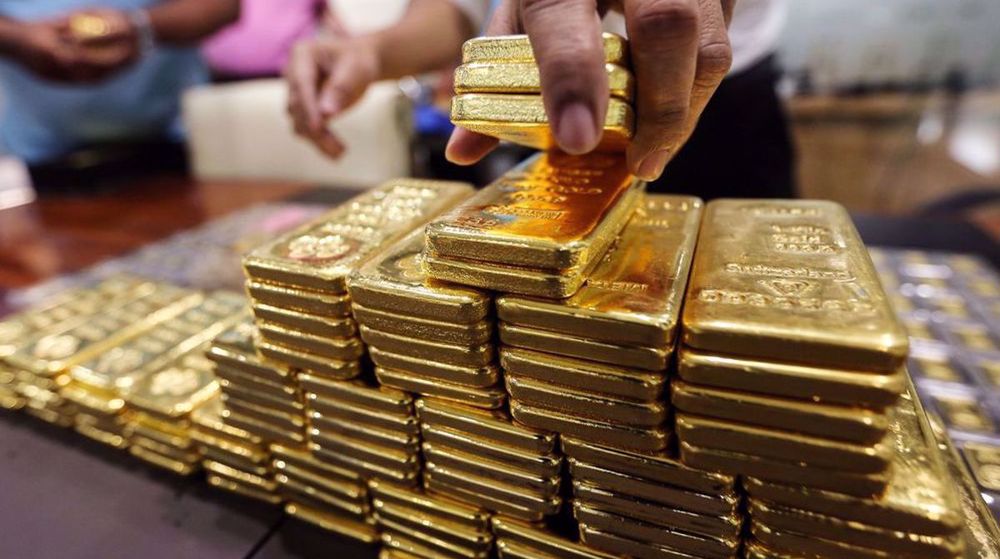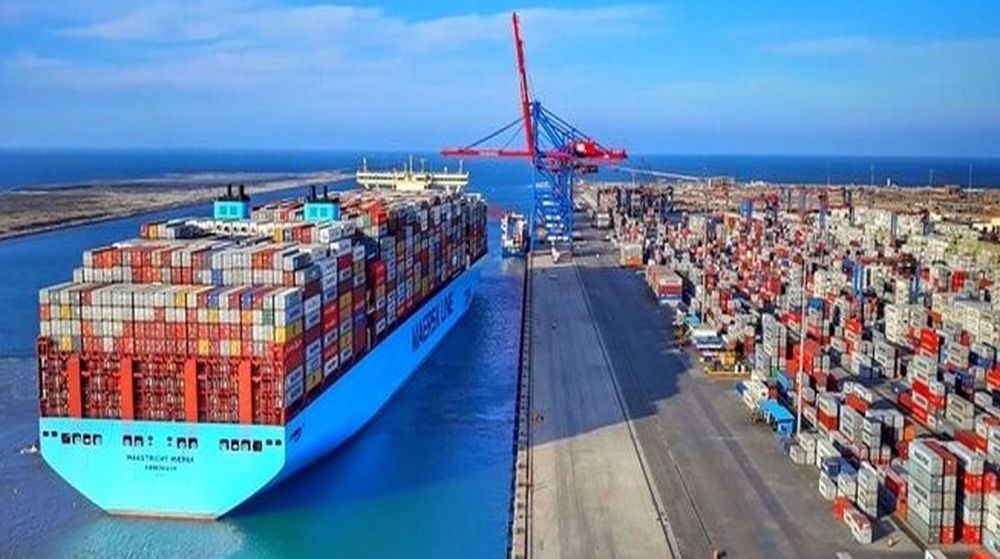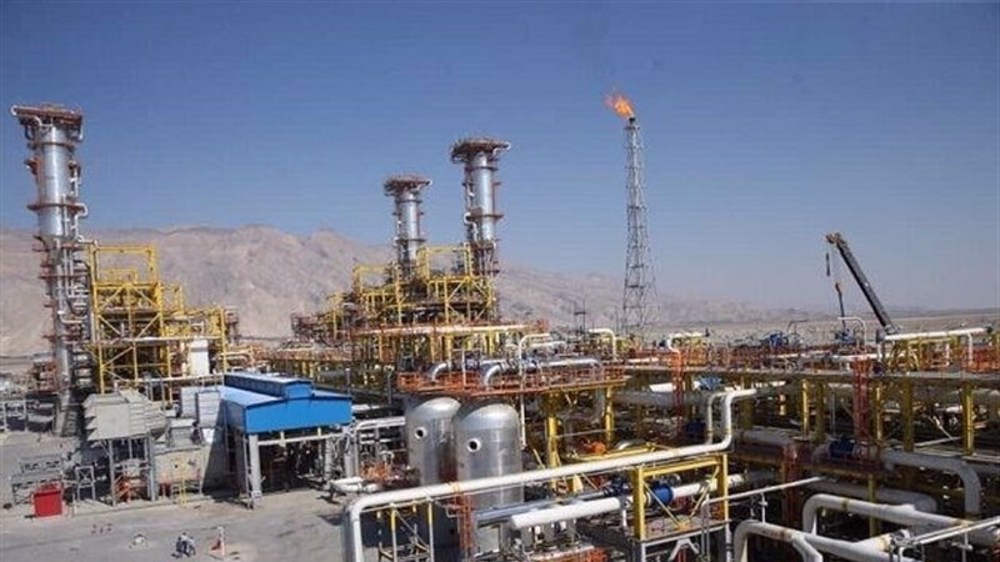Iran auto, defense industries eye tie-up to beat sanctions
Iran’s auto industry has emerged as one of the frontlines in a raging “economic war” on the country which is lining up its defense ministry to protect the sector from US sanctions.
The automotive sector is the second largest industry after oil and gas and with a turnover of about $12 billion, it plays an important role within Iran’s economy, making up for 10 percent of the country’s GDP and 4 percent of its workforce.
Moreover, it supports about 60 other industries, such as glassmaking, aluminum, copper, steel, rubber, textiles and paint.
When the Trump administration reimposed sanctions on Iran in August 2018, it reserved Washington’s first hammer blow for the car industry to hurt as many Iranians as possible.
US officials have pledged to “squeeze” Iran in the hope that it would spawn resentment. While the policy has failed, car prices have become prohibitively high.
“It is clear and obvious that the US is purposefully putting pressure on the people of Iran to instigate discontent,” said Mohammad Reza Najafimanesh, the head of the Iranian Specialized Manufacturers of Auto Parts Association.
Because of the sanctions, foreign companies that made cars in Iran decided to leave, leading to delays in car deliveries and a shortage of parts and triggering a steep rise in car prices.
Their withdrawal came even as European officials had vowed to try to shield their companies working in Iran from the reach of US sanctions.
French carmaker Renault and its competitor Peugeot-Citroën put their development in Iran on hold after new US sanctions went into effect in August. Other Western firms, including German car and truck manufacturer Daimler, also dropped plans to expand their Iran business.
PSA had signed production deals worth 700 million euros, while Renault had announced a new plant investment to increase production capacity to 350,000 vehicles a year.
Nevertheless, what troubles most is that thousands of jobs in the auto sector and related industries are on the line.
More than 100,000 people are employed by the two largest local manufacturers Iran Khodro (IKCO) and Saipa, while another 700,000 Iranians work in industries related to car manufacturing.
There are around 13 public and private auto manufacturers in Iran, with IKCO and Saipa accounting for about 94% of the domestic production
Union leaders have warned that up to 450,000 jobs in the auto parts industry are at risk from the sanctions, prompting the defense ministry to wade into the quandary.
“The enemy in the economic war is after damaging public contentment and the auto industry is one of the front lines in the war,” Secretary of Iran’s Supreme National Security Council Ali Shamkhani has said.
Last week, one automotive executive announced that the defense ministry had agreed to build over the next six months the hi-tech auto parts which Iran used to import.
Cars produced in Iran under license from foreign manufacturers rely on critical imports of parts ranging from airbags, pistons and cylinder heads to computer chips including engine control units and sensors.
According to official statistics, as many as 160,000 cars have been gathering dust at the warehouses of Iran Khodro and Saipa, mostly because they cannot import parts. Unofficial reports have put this number at 300,000.
“Various problems, including those related to banking and money transfers, have caused foreign manufacturers not to be able to supply the required parts,” Alireza Badkoobeh, a member of the Saipa board of directors, said.
“It has been decided that over the next six months, we locally produce the required parts in cooperation with the defense ministry and reduce dependencies to the minimum,” he added.
Iran Khodro has announced a similar partnership plan with the defense ministry to produce car parts.
One significant fact about the auto industry is its role in laying the groundwork for pioneering projects in Iran, such as space and nuclear energy programs.
The new partnership could set the stage for the introduction of new technological know-how on which the country puts a high premium. It could also lead to tie-ups in other sectors, including Iran’s sprawling oil and gas industry which has always been on the receiving end of Western sanctions.
Iran, home to more than 80 million people, has a huge demand for automobiles. According to Ministry of Industries, Mines and Trade, the country produced more than 1.5 million cars only in 2017, up some 14 percent from the year before.
The new sanctions have seriously disrupted the car market, causing prices to shoot through the roof as factories have failed to provide cars on time.
Prices of imported cars have risen about 300 percent and domestic car prices have also increased by 50%. A difference between the manufacturers’ price and the open-market price has led to a rise in dealership, which feeds on further price hikes.
Hamas confirms handing approval of Gaza ceasefire deal to mediators
VIDEO | Iran: Show of strength
UNRWA will ‘stay, deliver’ aid to Palestinians despite Israel’s ban: Lazzarini
Explainer: What makes Iran's Rezvan and Raad loitering munitions prized assets?
VIDEO | Unseen agony: Missing loved ones of genocide in Gaza
Iran cuts gold import tariff to zero
Pezeshkian: Iran determined to develop, boost ties with neighbors
VIDEO | Israel, Hamas ceasefire agreement: Closer than ever












 This makes it easy to access the Press TV website
This makes it easy to access the Press TV website